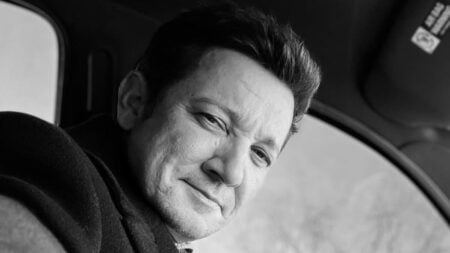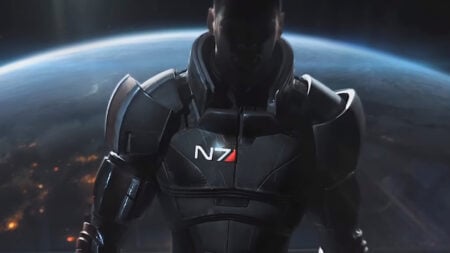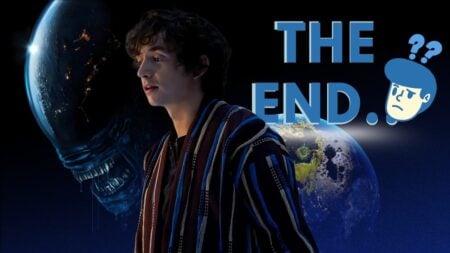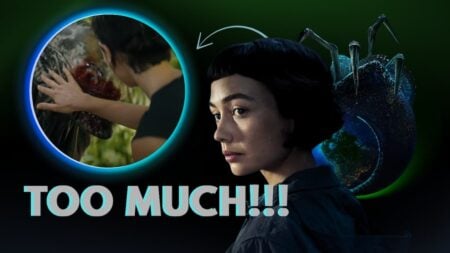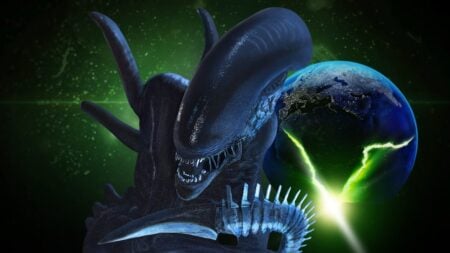Skip To...
Marvel Spotlight claimed to introduce MCU projects that would stand apart from the franchise, setting Echo as their example. Marvel assured us we wouldn’t have to watch a dozen other shows and movies to understand their Spotlight projects. The logo could come before stories we’d never expect from Marvel or usher in a new era of variety. With Echo finally streaming, we know it does none of those things. Marvel Spotlight didn’t just pick the wrong show. It never needed to exist.
Echo Avoided the Spotlight
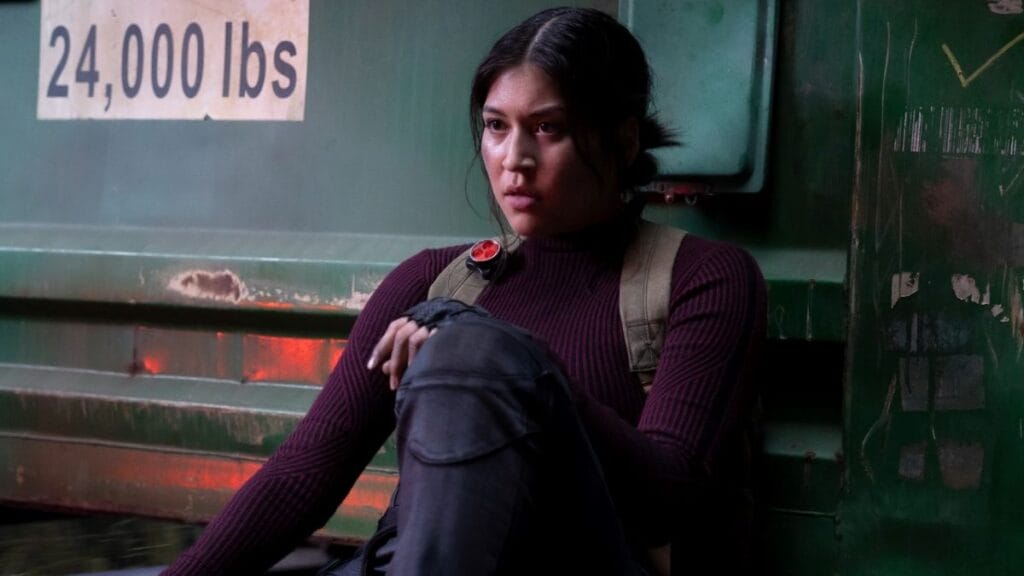
How hilarious was seeing a project touted for its independence open with half an hour of repurposed footage? Echo is a unique MCU project, but its connection to the larger franchise is typical. It has everything we’d expect from the usual Disney+ series. Lead character Maya Lopez came from Hawkeye, as evidenced by the abundant clips in the first episode. The lead antagonist stepped out of Daredevil, as did the show’s one notable cameo. That’s at least two series, four total seasons, a viewer must watch to understand the context. It’s also guilty of continuity on the other end. Without wishing to spoil, Echo ends with a post-credit sequence that will become necessary when Daredevil: Born Again drops. So, it requires “homework” before jumping in and ties into future projects. That’s both Marvel Spotlight promises out the window for Echo.
Disney developed Marvel Spotlight as a solution to a problem. Everyone complained they had to watch a hundred hours of MCU content to understand whichever show or movie they wanted to see next. No one wants to be stuck watching a movie about a superhero they hate to have due context for the ones they like. This is related to the much more significant issue of some Marvel movies changing the narrative of others. James Gunn’s Guardians of the Galaxy trilogy suffered inexorable changes through other filmmakers’ creative choices in Avengers: Infinity War and Endgame. Can any narrative mean anything if no story is safe from the alternate tones, events, and character arcs occupying their neighbors? The Spotlight should have provided a bulwark against that. It created no meaningful separation but couldn’t accomplish its other goals.
Marvel Never Needed the Spotlight

People had multiple things in mind when they imagined the Marvel Spotlight brand. The promise of standalone projects removed from the tiring cinematic universe format appealed to everyone. However, some percentage of fans saw Echo next to the Marvel Spotlight logo and thought it implied something about tone or presentation. They celebrated the idea of a return to the Marvel Netflix era. Disney happily fanned that flame by centering Daredevil, the most requested returning character, in the marketing. A TV-MA rating isn’t what Spotlight promised and isn’t a guarantee for future outings. Marvel sold a show on the premise of independence from continuity, then used familiar characters as teasers and still treated it as a bridge. Echo serves a purpose in the MCU, making it just another part of the universe.
The most annoying part of Marvel Spotlight is that it’s solving a problem it never needed to address. Echo proves that being connected to previous works isn’t as onerous as it seems. Can anyone remember a situation in which they felt they needed to go back and watch something after being confused? The overwhelming majority of MCU projects explain their background in detail. No one would complain that they must watch Thor 2 before Thor 3. The problem arises when they have to watch a wholly unrelated story to bridge the otherwise consistent narrative. Almost any MCU movie or show tells you what you need to know in the first act. Echo demonstrates this feat by packing a bunch of Hawkeye into its first episode. If this is all Marvel Spotlight promises, then it’s a meaningless logo. It’s exactly as independent as almost every other Marvel project.
Marvel Spotlight might become one of Disney’s failed branding concepts. Marvel tried Adventure into Fear with Hellstrom, but the show went so poorly that they ditched the name. Disney attempted to build an anthology through the Star Wars Story label before Solo flopped. Spotlight could return, but its initial premise was always flawed. Echo is attached to the shows that came before as its cohorts and uses the same techniques to address that issue. Spotlight is ill-equipped to solve the tangible downsides of the MCU. I hope Marvel finds solutions to the continuity problem, but this brand name only shines a light on its issues.


